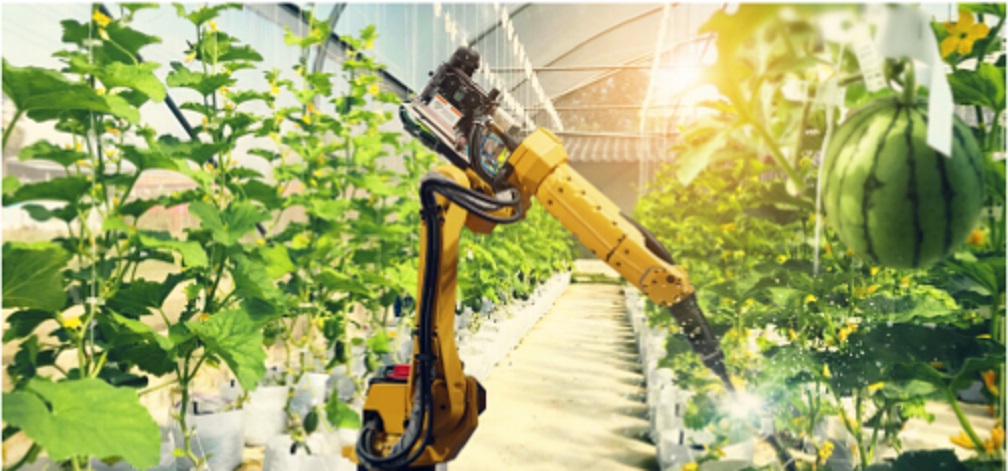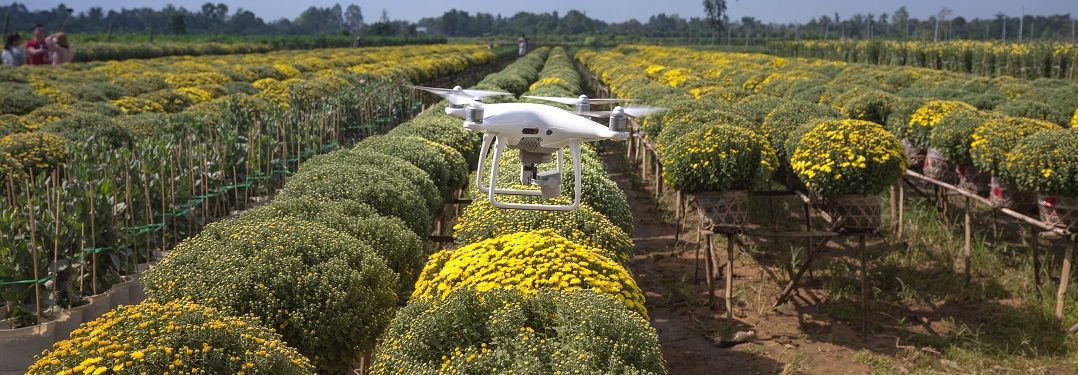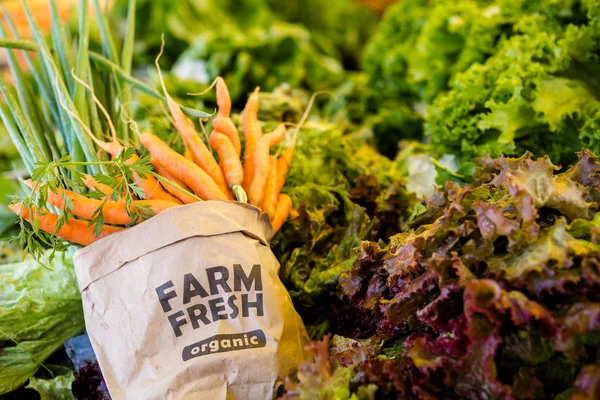How will agriculture in future look like? Agri-future, Agriculture 4.0, will have heavy use of advanced technologies, such as the Internet of Things (IoT), artificial intelligence (AI), and robotics, in agriculture. This has led to development of a new agriculture sector known as precision farming.
In this post, learn all that you need to know about precision agriculture in Kenya. The blog post covers the following aspects in details.
What is precision agriculture?
Precision agriculture is a type of farming that uses technology to optimize crop production. It involves using a range of tools, such as GPS, sensors, and drones, to gather data about the farm and the crops being grown. This data is then analyzed to make informed decisions about things like watering, fertilizing, and pest control, with the goal of improving crop yields and reducing the environmental impact of farming.
How can you use Precision farming in Kenya
There are many examples of precision agriculture in practice around the world. Here are a few examples that you can try in Kenya:
- Crop monitoring: Some farmers are using cameras and other sensors mounted on green housed and open fields to monitor crops in real-time, which can help them identify problems and take action to address them more quickly.
- Livestock remote monitoring: Some herders are using CCTV, cameras and other sensors to monitor livestock in real-time remotely. This can help you identify problems and conditions such as when animal is on heat or poultry are distressed. You can take corrective action to address them more quickly.
- Sensors: Farmers are using sensors to monitor things like soil moisture levels, temperature, and nutrient levels in the soil. This data can be used to optimize irrigation and fertilization practices.
- Drones: Drones equipped with cameras and sensors can be used to gather data about crops and the farm. This data can be used to identify problems like pests or disease, and to optimize irrigation and fertilization practices. In other instances, agriculture drones have been used in pesticide application as well as tree planting. During crisis, drones can be used to easily deliver animal drugs and pesticides.

- GPS-guided machinery: Many farmers are using GPS-guided machinery such as driverless tractors to plant and cultivate crops more accurately. This can help to reduce the amount of land that is wasted and improve crop yields.
- Variable rate technology: Variable rate technology allows farmers to apply inputs like fertilizers and pesticides at different rates depending on the specific needs of the crop. This can help to reduce waste and improve efficiency.
- Robots; Robots in farming can be used for tasks such as planting, weeding, and harvesting crops. They can also be used to monitor crop health, apply fertilizers, and perform other tasks to improve efficiency and reduce labor costs. Some robots are designed to work autonomously, while others can be remotely controlled by a farmer. The use of robots in farming is expected to increase in the coming years as technology continues to advance and the demand for food grows.
Overall, these are just a few examples of the ways in which precision agriculture is being used to improve crop production and reduce the environmental impact of farming.
The easiest ones to apply today are use of sensors to monitor weather farm conditions such as soil moisture, greenhouse temperatures and humidity. Independently you can remotely irrigate the farm or open greenhouses for temperature control.
Variable rate technology especially in fertigation and pesticide spraying is the other area with huge potential as well as farm monitoring for crops and livestock in real time using CCTV cameras and drones. These can easily complete animal population census in day or track migratory insect pests such as locusts in day using cheaper resources.
Advantages of precision farming
Some of the key benefits of precision agriculture include:
- Improved efficiency: By using precision farming techniques, farmers can better target their resources and reduce waste. For example, by using sensors to monitor soil moisture levels, farmers can avoid over-watering or under-watering their crops, which can save water and money.
- Increased crop yields: By using data to optimize growing conditions, farmers can increase crop yields and improve the quality of their crops.
- Reduced environmental impact: Precision farming can help farmers reduce the use of pesticides and fertilizers, which can help to reduce the environmental impact of farming.
- Increased profitability: By increasing efficiency and crop yields, precision farming can help farmers to improve their bottom line.
Overall, precision agriculture is a promising approach that has the potential to revolutionize the way we grow food and improve the sustainability of our food systems.
Challenges in adopting precision agriculture farming
There are several challenges that farmers may face when adopting precision agriculture:
- Cost: One of the main challenges is the cost of purchasing and implementing precision agriculture technologies. These technologies can be expensive, and may require a significant upfront investment.
- Complexity: Precision agriculture involves using a range of different technologies, which can be complex and challenging to learn and use. This may be a barrier for some farmers, particularly those who are not familiar with technology.
- Limited availability: Precision agriculture technologies may not be widely available in all regions, which can be a challenge for farmers who are interested in adopting them.
- Limited data: In order for precision agriculture to be effective, farmers need access to high-quality data. However, this data may not always be available, particularly in areas with limited infrastructure or technology.
- Resistance to change: Some farmers may be resistant to adopting new technologies and approaches, particularly if they have been successful using traditional methods in the past.
- Lack of training and support: There may be a lack of training and support available to farmers who are interested in using precision agriculture technologies, which can make it difficult for them to get started.
Overall, while precision agriculture has the potential to revolutionize the way we grow food, there are still many challenges to overcome in order to make it more widely adopted.



